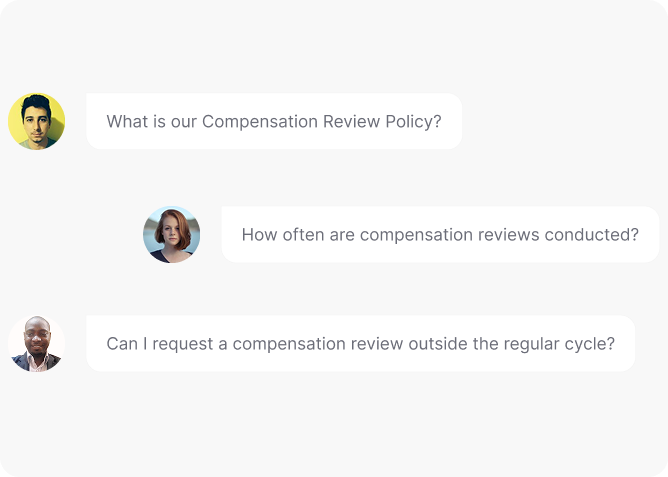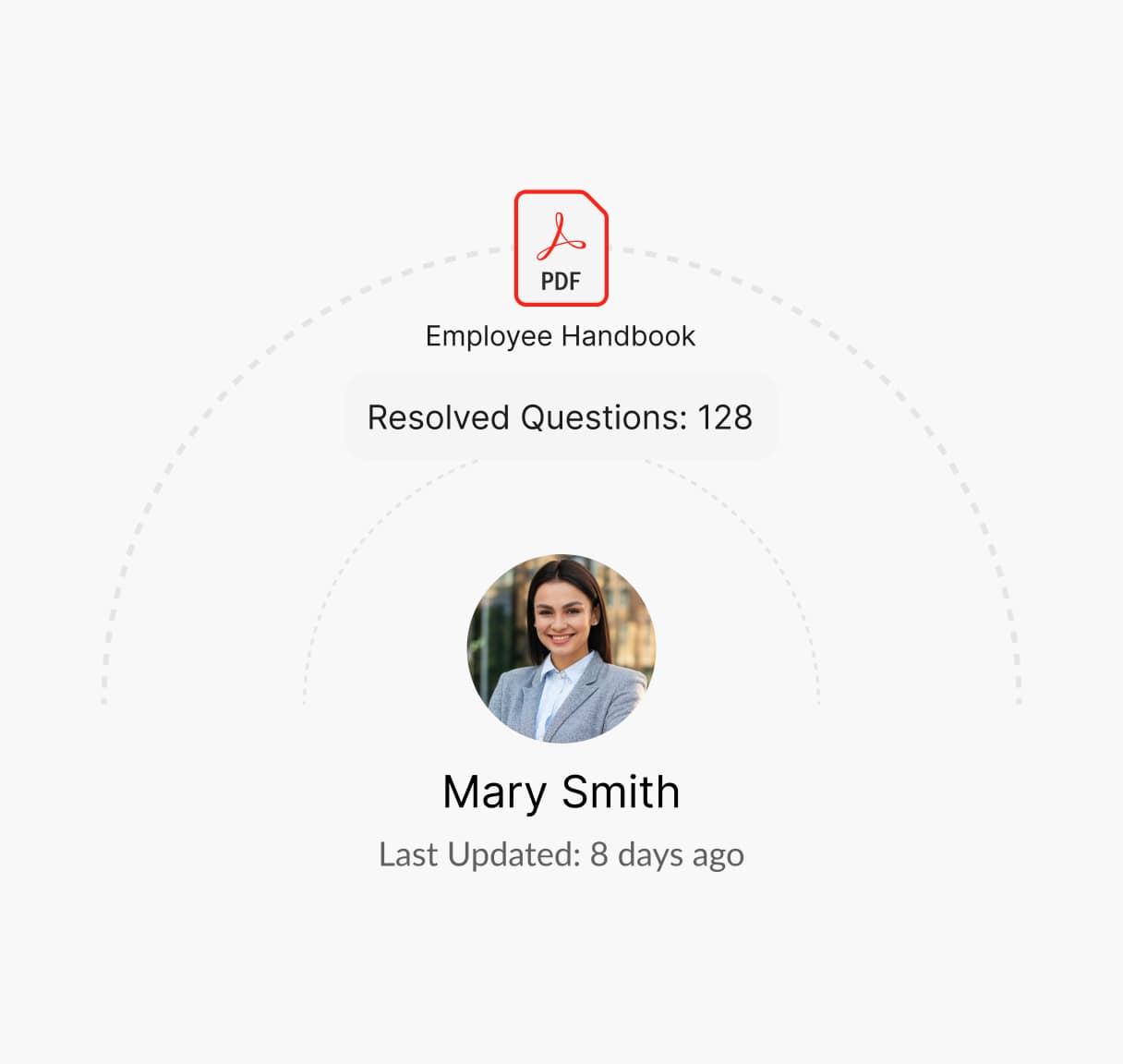Everything You Need to Know About Compensation Review Policy
Regular salary evaluations help maintain fairness and competitiveness. A Compensation Review Policy details the criteria, frequency, and process for assessing employee pay, ensuring transparency and alignment with business goals.

What is a Compensation Review Policy?
A Compensation Review Policy is an HR document that outlines the process for evaluating and adjusting employee salaries and benefits. It details performance-based increases, market comparisons, and criteria for pay adjustments.
A structured compensation review policy ensures fairness, competitiveness, and transparency in salary decisions.
Guidelines for Creating a Compensation Review Policy
A fair and transparent compensation review policy fosters employee trust and retention. Here are key guidelines to consider:
Establish a Review Frequency
Determine whether evaluations occur annually, biannually, or based on performance milestones.
Define Performance Metrics
Link compensation adjustments to clear performance indicators.
Ensure Market Competitiveness
Benchmark salaries against industry standards to attract and retain talent.
Communicate Criteria Transparently
Clearly outline how raises, bonuses, and adjustments are determined.
Address Pay Equity
Implement measures to prevent wage disparities based on gender, race, or other biases.
Document All Decisions
Maintain records of salary adjustments for legal and accountability purposes.
What is Covered in a Compensation Review Policy?
An effective Compensation Review Policy should include the following:
Salary Review Schedule
Define how often compensation evaluations occur and the factors that influence them.
Eligibility Criteria for Increases
Establish who qualifies for salary adjustments, including tenure or performance considerations.
Bonus and Incentive Structures
Detail how bonuses are calculated and awarded based on performance.
Market Benchmarking Practices
Explain how external salary data informs compensation decisions.
Transparency in Salary Adjustments
Provide a clear communication process for employees regarding changes.
Pay Equity and Compliance Measures
Ensure adherence to equal pay laws and internal fairness guidelines.
Appeal and Dispute Resolution Process
Offer a structured approach for employees to raise concerns about their compensation.
Need help creating a Compensation Review Policy?
How Winslow helps HR pros save time on responding to compensation review policy questions
Managing compensation-related inquiries can be time-consuming, but Winslow, your AI-powered HR assistant, simplifies the process:

Instant answers anytime
Winslow ensures your Compensation Review Policy is always available on Slack, Teams, or email. Employees can instantly check salary evaluation criteria, performance-based increases, and market adjustment guidelines—ensuring pay transparency.
Personalized Support
Winslow instantly answers employee questions, including those about your Compensation Review Policy, ensuring clarity on pay raises, bonus structures, and promotion-related salary adjustments.


Analytics and Insights
Winslow tracks policy-related queries, helping HR teams identify trends and common concerns. This data enables organizations to refine their policy, improve reporting channels, and address recurring issues proactively.
Save Time Managing Compensation Review Queries with Winslow
A clear compensation review policy fosters fairness and transparency—but answering repeated questions can be time-consuming. Winslow delivers instant, accurate responses, reducing HR workload and improving employee clarity.
Frequently asked questions
Have further questions about Winslow, contact us at sales@usewinslow.com
What factors should HR teams consider in salary adjustments?
Industry benchmarks, inflation, employee performance, and internal pay equity.
How should HR teams ensure pay equity?
By conducting regular audits to address gender, racial, and role-based pay gaps.
Should HR teams tie compensation to performance evaluations?
Yes, where applicable, linking salary increases to measurable performance metrics.
Can HR teams adjust compensation based on location?
Yes, geographic pay differentials are common in cost-of-living adjustments.
What data sources should HR teams use for salary benchmarking?
Industry reports, government data, and third-party compensation surveys.
How should HR teams communicate salary changes?
Transparently, through structured one-on-one discussions and written documentation.
What role does HR play in bonus and incentive structuring?
Designing performance-based incentives aligned with business objectives and profitability.
Additional resources
Device Usage Policy
Managing employee leave effectively is vital for maintaining workforce productivity and compliance....
Learn moreconfidentiality policy
Protecting sensitive information is crucial. A clear Confidentiality Policy outlines guidelines for...
Learn moreclaim reimbursement
Ensuring fair compensation for expenses is key. A clear Claim Reimbursement Policy...
Learn more




